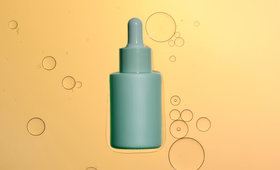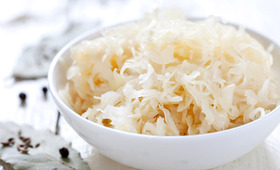 Essential oils have been the subject of intense backlash in the skincare community recently. If you frequent popular beauty blogs or forums like Reddit’s r/SkincareAddiction, you’ve probably noticed some skincare enthusiasts vilifying essential oils, claiming they’re irritating and sensitizing and have no place in modern beauty products. But before you throw out your favorite moisturizer, let’s separate fact from fiction when it comes to essential oils.
Essential oils have been the subject of intense backlash in the skincare community recently. If you frequent popular beauty blogs or forums like Reddit’s r/SkincareAddiction, you’ve probably noticed some skincare enthusiasts vilifying essential oils, claiming they’re irritating and sensitizing and have no place in modern beauty products. But before you throw out your favorite moisturizer, let’s separate fact from fiction when it comes to essential oils.
What are essential oils?
Essential oils are extracted from the roots, flowers, leaves, bark or fruit of plants. Unlike fatty oils like olive or argan oil, they are made up of highly fragrant compounds that evaporate easily without any oily residue.
How are essential oils used in skincare?
Essential oils have been used for medicinal and skincare purposes for thousands of years in many different cultures. Today, essential oils are often used in skincare products to add fragrance or instill aromatherapeutic benefits. Some essential oils have been clinically proven to possess antifungal, antibacterial, antioxidant and insect-repelling properties. For example, research has shown that tea tree oil, when applied properly, can help treat acne by killing the bacteria that causes it.
Are essential oils bad for skin?
It depends. A variety of factors can influence the effect of essential oils on skin, including potency, quality, and the method used to extract them. Many essential oils can cause irritation if applied to skin at high concentrations, so almost all are diluted with carrier oils or added to skincare products in very small amounts. Allergies and sensitivities can also determine how your skin will react to an essential oil—some people can use certain essential oils without any issues while others may develop irritation, redness, or even a rash.
Are essential oils phototoxic?
Another claim is that essential oils can cause heightened sensitivity to sun damage. Some essential oils contain furanocoumarins —chemical compounds that cause a phototoxic reaction when exposed to UV light. Only certain essential oils contain furanocoumarins. According to Essential Oil Safety by Robert Tisserand and Rodney Young, here’s a list of essential oils that can cause photosensitivity:
-
Angelica root
-
Cold-pressed bergamot (steam-distilled is okay)
-
Cold-pressed bitter orange (steam-distilled is okay)
-
Cumin
-
Cold-pressed grapefruit (steam-distilled is okay)
-
Cold-pressed lemon (steam-distilled is okay)
-
Cold-pressed lime (steam-distilled is okay)
-
Mandarin leaf
-
Rue
If a skincare product contains a very low percentage of one of these essential oils, it’s unlikely to cause a reaction. Still, if you’re concerned about phototoxicity, it’s best to contact the company to get more information about the extraction method and the percentage used—or you can just avoid them altogether.
The bottom line about essential oils
Essential oils can cause irritation depending on a variety of factors, including how sensitive your skin is. As with anything you put on your skin, patch-test first for 24 hours before applying a new product that contains essential oils. Essential oils can be beneficial to many people, so there’s no need to discount them completely—just use them thoughtfully.













